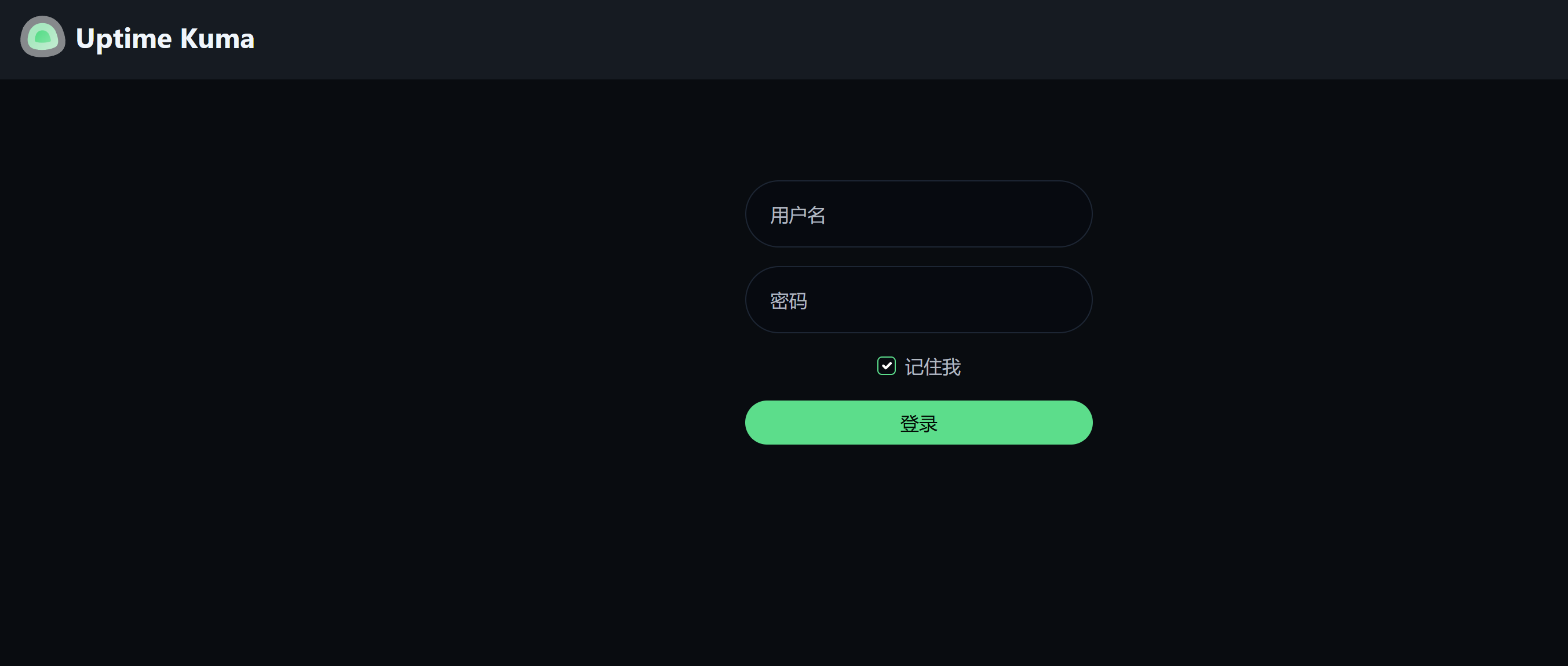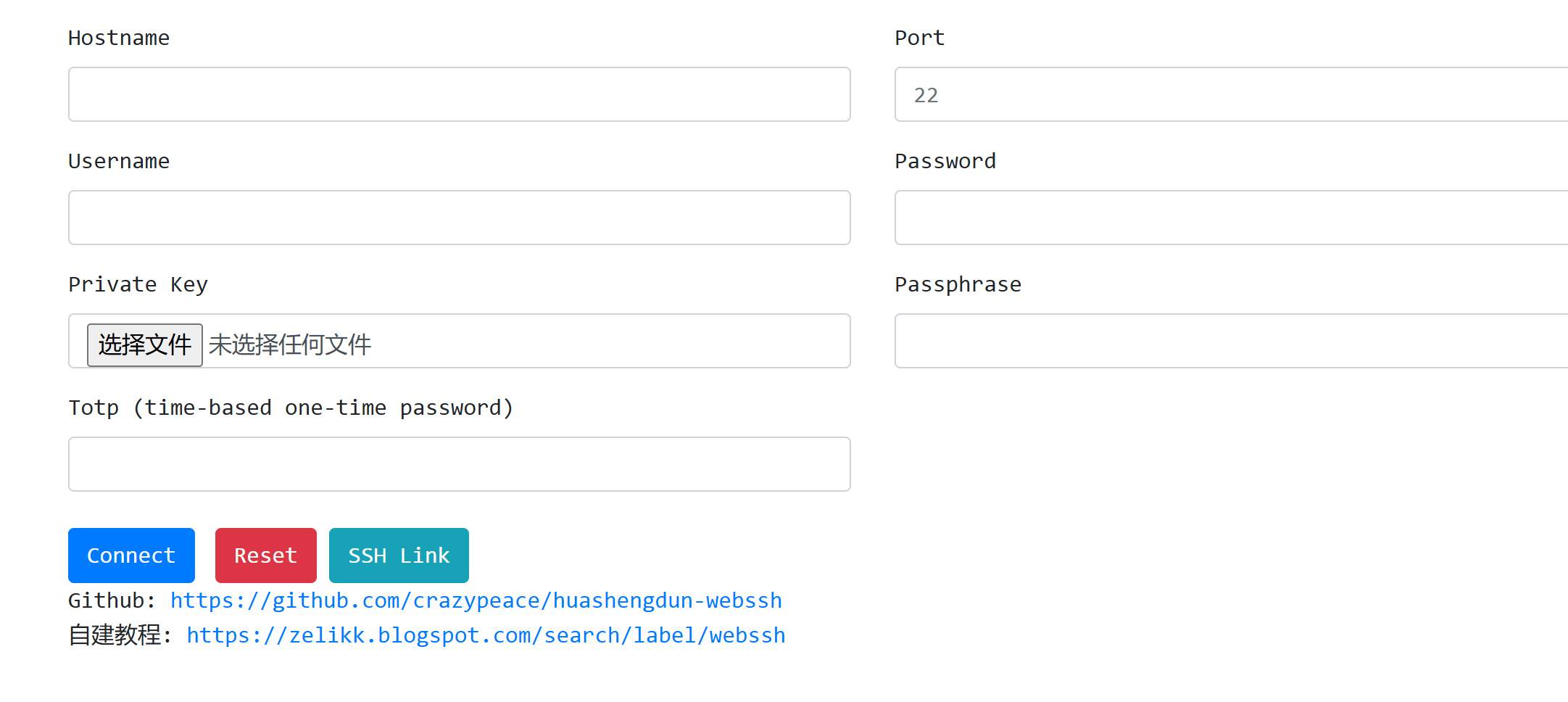1
2
3
4
5
6
7
8
9
10
11
12
13
14
15
16
17
18
19
20
21
22
23
24
25
26
27
28
29
30
31
32
33
34
35
36
37
38
39
40
41
42
43
44
45
46
47
48
49
50
51
52
53
54
55
56
57
58
59
60
61
62
63
64
65
66
67
68
69
70
71
72
73
74
75
76
77
78
79
80
81
82
83
84
85
86
87
88
89
90
91
92
93
94
95
96
97
98
99
100
101
102
103
104
105
106
107
108
109
110
111
112
113
114
115
116
117
118
119
120
121
122
123
124
125
| #!/usr/bin/env python3
from huggingface_hub import HfApi
import sys
import os
import shutil
import time
import glob
from datetime import datetime
import tempfile
def manage_backups(api, repo_id, max_files=10):
"""管理备份文件数量,删除旧的备份"""
try:
files = api.list_repo_files(repo_id=repo_id, repo_type="dataset")
backup_files = [f for f in files if f.startswith('navidrome_backup_') and f.endswith('.tar.gz')]
backup_files.sort()
if len(backup_files) >= max_files:
files_to_delete = backup_files[:(len(backup_files) - max_files + 1)]
for file_to_delete in files_to_delete:
try:
api.delete_file(path_in_repo=file_to_delete, repo_id=repo_id, repo_type="dataset")
print(f'已删除旧备份: {file_to_delete}')
except Exception as e:
print(f'删除 {file_to_delete} 时出错: {str(e)}')
except Exception as e:
print(f'管理备份时出错: {str(e)}')
def upload_backup(file_path, file_name, token, repo_id):
"""上传备份文件到HuggingFace"""
api = HfApi(token=token)
try:
api.upload_file(
path_or_fileobj=file_path,
path_in_repo=file_name,
repo_id=repo_id,
repo_type="dataset"
)
print(f"成功上传 {file_name}")
manage_backups(api, repo_id)
except Exception as e:
print(f"文件上传出错: {str(e)}")
def download_latest_backup(token, repo_id, data_dir):
"""下载最新的备份文件并恢复"""
try:
# 确保目标目录存在并有正确权限
os.makedirs(data_dir, exist_ok=True)
os.chmod(data_dir, 0o755)
api = HfApi(token=token)
files = api.list_repo_files(repo_id=repo_id, repo_type="dataset")
backup_files = [f for f in files if f.startswith('navidrome_backup_') and f.endswith('.tar.gz')]
if not backup_files:
print("未找到备份文件")
return False
latest_backup = sorted(backup_files)[-1]
# 使用临时目录下载文件
with tempfile.TemporaryDirectory() as temp_dir:
filepath = api.hf_hub_download(
repo_id=repo_id,
filename=latest_backup,
repo_type="dataset",
local_dir=temp_dir
)
if filepath and os.path.exists(filepath):
# 解压备份文件
import tarfile
with tarfile.open(filepath, "r:gz") as tar:
tar.extractall(path=data_dir)
print(f"成功从 {latest_backup} 恢复备份到 {data_dir}")
return True
return False
except Exception as e:
print(f"下载备份时出错: {str(e)}")
return False
def create_backup(data_dir, exclude_dirs=None):
"""创建备份文件,排除指定目录"""
if exclude_dirs is None:
exclude_dirs = []
timestamp = datetime.now().strftime("%Y%m%d_%H%M%S")
backup_filename = f"navidrome_backup_{timestamp}.tar.gz"
backup_path = f"/tmp/{backup_filename}"
try:
import tarfile
with tarfile.open(backup_path, "w:gz") as tar:
for item in os.listdir(data_dir):
item_path = os.path.join(data_dir, item)
# 排除指定目录
if os.path.isdir(item_path) and item in exclude_dirs:
continue
tar.add(item_path, arcname=item)
print(f"备份文件创建成功: {backup_path}")
return backup_path, backup_filename
except Exception as e:
print(f"创建备份时出错: {str(e)}")
return None, None
if __name__ == "__main__":
action = sys.argv[1]
token = sys.argv[2]
repo_id = sys.argv[3]
data_dir = sys.argv[4]
if action == "upload":
# 排除音乐目录和缓存,只备份数据和配置
exclude_dirs = ["cache", "music"]
backup_path, backup_filename = create_backup(data_dir, exclude_dirs)
if backup_path:
upload_backup(backup_path, backup_filename, token, repo_id)
# 清理临时文件
os.remove(backup_path)
elif action == "download":
download_latest_backup(token, repo_id, data_dir)
|











